Catalonia (Vallbona de les Monges)
“We are trying to demonstrate that it is possible to build projects that combine sustainable economic activity with social inclusion and cooperative management.”
‘L’Olivera’ means ‘the olive tree’ in Catalan – an apt name for an olive and wine cooperative in Catalonia. Apt because, like an olive tree, the love that goes into this project bears fruit.
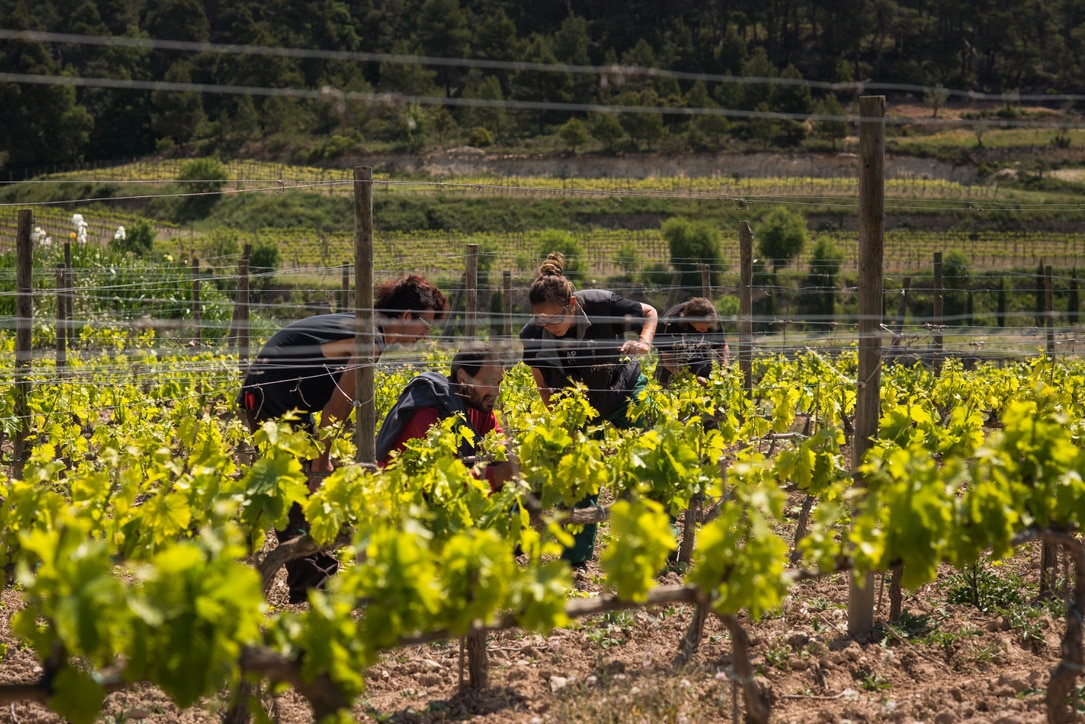
The story starts back in 1974 when a group of friends decided to move out of the big city to a small municipality in rural Lleida to set up an agricultural organisation with a strong social focus. And so L’Olivera was born… a project with a purpose from its inception, supporting people with severe psychiatric disabilities by offering the two things that many of them had previously lacked: a job and a community. Anyone, no matter their background or (dis)ability is invited to become a full member of the oil and wine cooperative if they wish, and how about this for a job perk: there’s an onsite occupational therapy service available to all employees too.
At the core of L’Olivera’s work is their responsible farming methods using old techniques known as ‘retro-innovation’ (manual labour and landscape restoration, for example) which have long-term benefits for future generations and the land, not to mention Catalonia’s cultural and culinary heritage. The result is high-quality, organically certified products with ‘added value’, as cooperative member Pau Moragas Bouyat puts it, who at the age of 22, already knew he wanted to be part of an organisation that, in his words, “moves in dual spirit: social inclusion and productive economy within a cooperative framework.”
For Pau, L’Olivera represents an interesting paradox: “We work with elements that our current society typically rejects (dry farming mountainous regions, abandoned fields, fragile people), and yet if these are ‘re-engineered’ so to speak, we can make original products with a high value that society recognises, demonstrating that some of these typically ‘rejected elements’ actually have a unique value.”
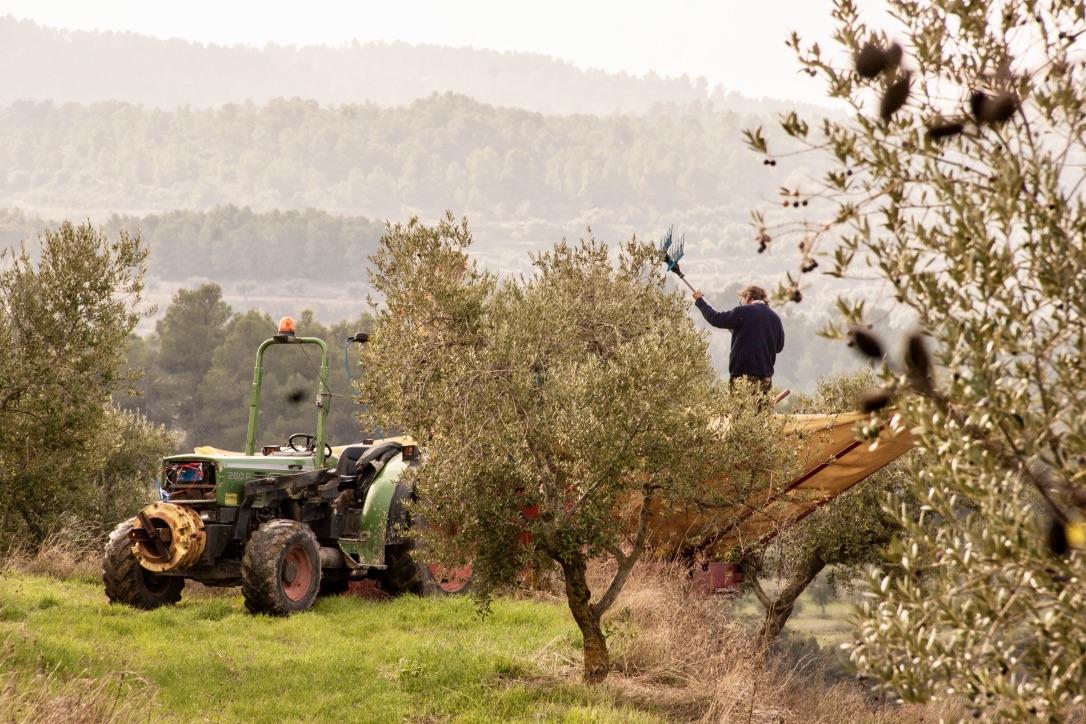
With its cooperative management philosophy, L’Olivera again proves people are at the forefront of this business; that there really is a viable alternative to mainstream organisations that focus on profit and short-term gain above all else. So if it works, could social farming and cooperative management be the future? Pau thinks it could be, but more investment in education for cooperative initiatives is necessary first.
And if all this sounds wonderful, just wait till you taste their products… L’Olivera’s selection of wines and olive oils have swept up awards throughout Europe for years and are used in some of Catalonia’s top restaurants. (And you can go and visit them too, for a guided tour of the cellar, vineyards and oil mill.)
“When people enjoy our wines and oils without knowing our history, we’re proving that we can make high-quality products in a sustainable and socially conscious fashion,” says Pau. “Then when these people learn about our philosophy later down the line, they feel even more connected to us and become long-term friends and customers.”
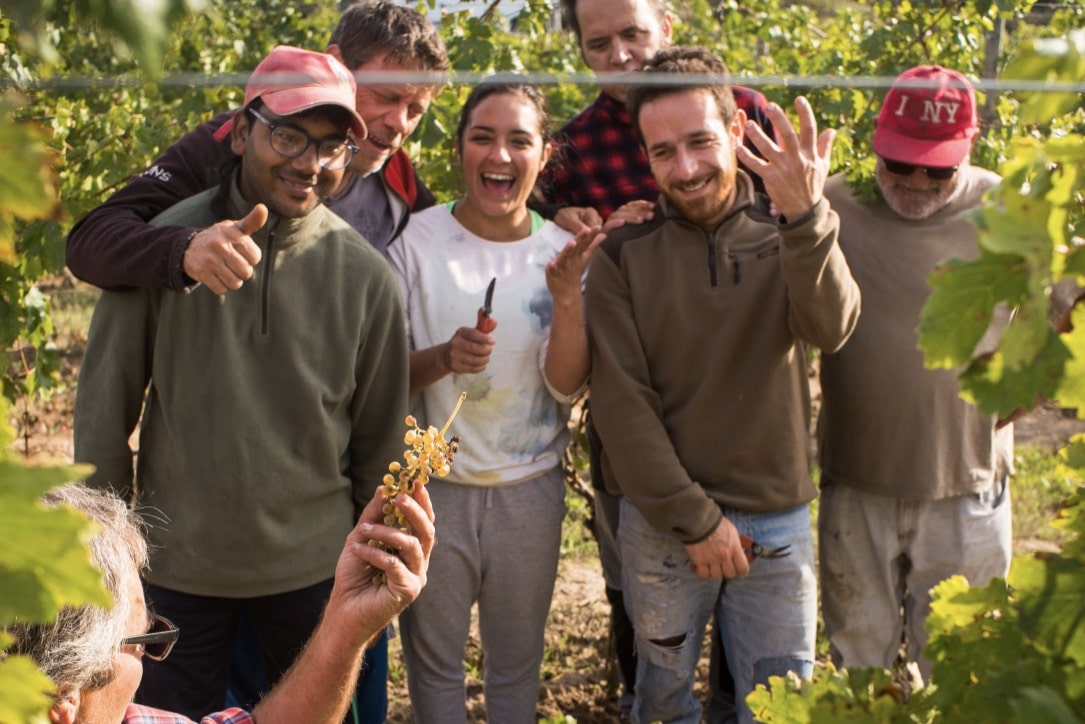
“Faced with the emergency situation, we have come together more than ever to demand a model of consumption that is responsible for people and for life.”
AtlasAction: You can support this project and other cooperatives from the regions of Lleida through the pandemic crisis by donating to their crowdfund here. Plus, you can order wine and olive oil online here with a 15% discount.
Project leader
Pau Moragas Bouyat
Support the Atlas
We want the Atlas of the Future media platform and our event to be available to everybody, everywhere for free – always. Fancy helping us spread stories of hope and optimism to create a better tomorrow? For those able, we'd be grateful for any donation.
- Please support the Atlas here
- Thank you!

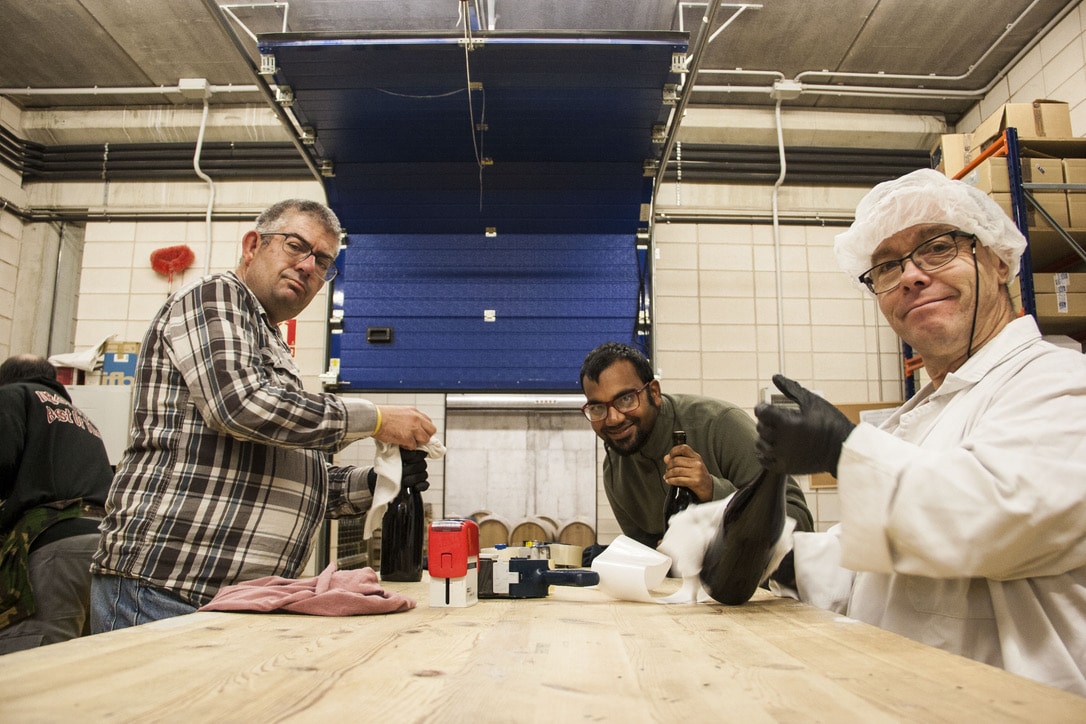
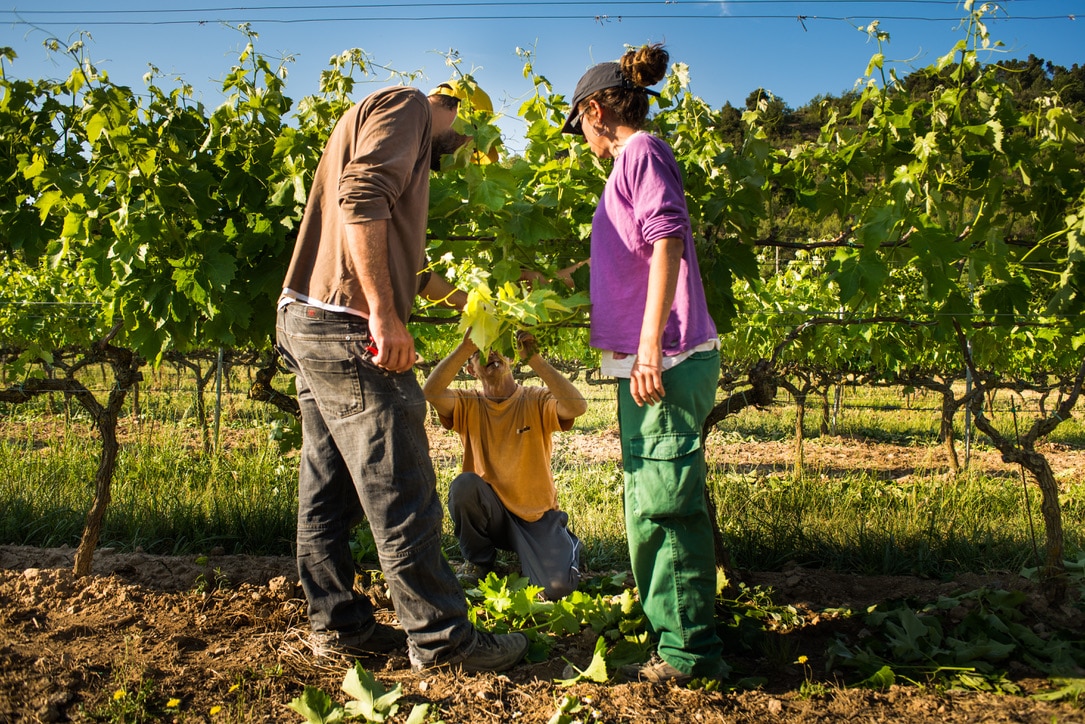
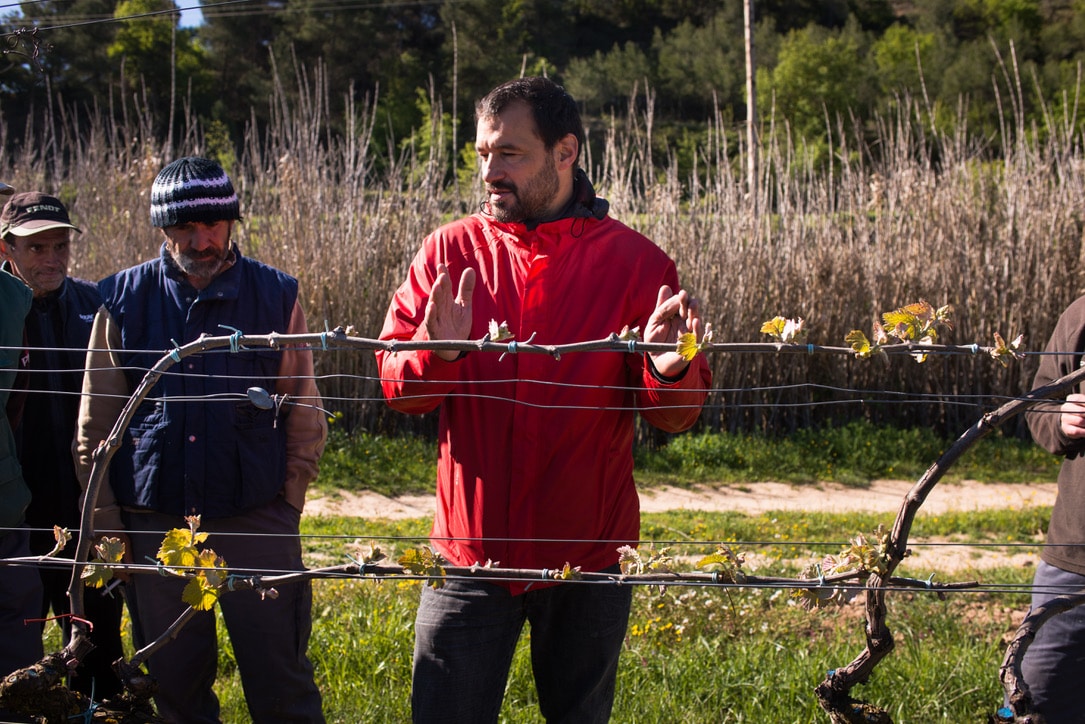
Pau Moragas Bouyat

